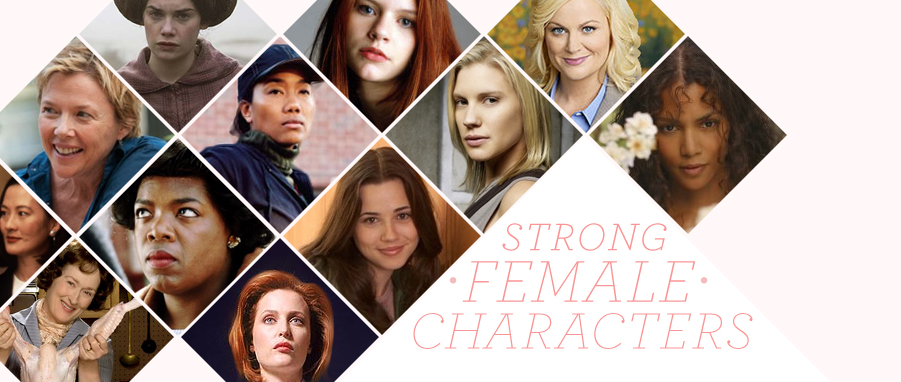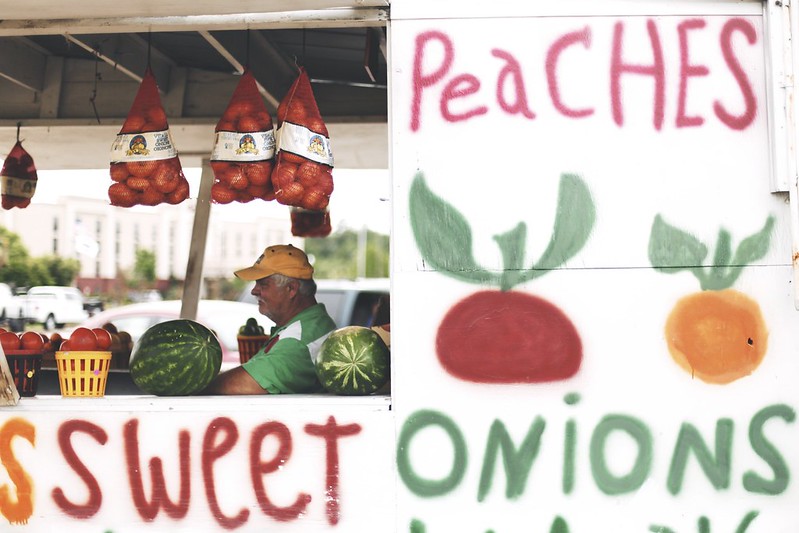By Rhea St. JulienImage from the cover of In Utero
At the tender age of 12, I got my period, fell headlong into rock and roll, and unwittingly had my heart broken by the girl of my dreams. Let's start with the body. In a few short months, my skinny frame had grown a layer of downy brown hair over it, my thighs had thickened so fast I had stretch marks, and menarche arrived with such a torrent of muddy red blood that I was sure I had shit my pants. It was just my luck that I was wearing white jean shorts, at the mall, on the way to 5.9.7 from Claire’s. I tripped over my own feet rushing to the bathroom, and got the nib of the pencil I was carrying stuck in the side of my leg, which I can still see in there, 19 years later. It’s a permanent memento of that day, as if I don't already have a reminder every single month.
When I showed my mom my shitty underwear in horror, she threw a pad at me and said, "That's blood. Use this. Shower every day." That was about it. No big "Welcome to Womanhood" speech, no talk of the dreaded word "menses". My mother's unsentimental approach belied how she felt about all things woman-related (including me): they were a hassle. So, I figured it out like I did everything else, with my girlfriends. We tried to fit tampons up there, not knowing to take out the applicator, and having it all kill so bad we gave up and stuck to pads, even though they bulked out our cut-offs.
The one friend that seemed to do just fine with all things lady-bits was Lauren D'Agostino. Her long blonde hair shone as she ran full tilt down the soccer field, leaving all the boys and a few of us girls feverishly fawning in her wake. No matter how close I came, I could never catch her.
We spent hours, the two of us, in her huge attic bedroom, dancing to The Doors and Ugly Kid Joe, trying on outfits for the school dance and talking deeply about our families. The other girls in our clique could not for the life of them understand what Lauren saw in me. I was a perennial misfit, a “freak”, who got straight A’s but also had a permanent seat in the vice principal’s office. I was too everything: too smart, too wild, too loud, too poor, too fast. When Lauren dipped her Venus hand in my direction, inviting me into her inner circle, the collective population of my small town middle school took an inward breath, “HER?!” The girls we shared our lunch table with, who I can just call “The Melissas”, were positive I had stolen my place in Lauren’s BFF photo album from their shinier, worthier visages.
But there I was, despite all odds, feeding horses on her father’s farm and sipping hot chocolate he brought us in steaming paper cups. What no one understood was that since I wasn’t a friend that Lauren needed to keep up appearances with, she could really be herself with me. She was so buttoned-up in the lunchroom, attempting to keep her Queen Bee status, but with me she let herself go, trying out head banging and dressing up with me and another friend like Huey Duey and Louie for Halloween instead of a “sexy witch” like the Melissas.
I knew that I adored her, but I had no idea that I was actually in love with her, until, without a word of explanation, she dropped me. The Melissas were triumphant, noisily whispering throughout the halls about how Lauren and I were no longer, how one of the Melissas (whose name was actually Mary) had dethroned me, and how pathetic I was after all.
Absolutely certain this was all a misunderstanding, I ignored them and called Lauren’s personal telephone line, repeatedly. I imagined it ringing, pink and perfect on her trundle bed, and willed her to answer. But she never did. I wrote long missives about our friendship and how much I missed her, reminding her of all the fun times we’d had together, but there were no return notes from Lauren in my locker. She never spoke to me again. The following year, she headed off to a private Catholic school, so I blissfully did not have to see her beautiful face any longer, and be reminded of my unrequited love.
The truth is that while Lauren may have been more of herself with me, I was less and less of myself with her. I was so desperate to hold on to her that I contorted myself into her mold, pretending I liked 50’s-style boy-girl sock hop parties and banal trips to the mall, like the fated one where I bloodied my underwear for the first time. So, once Lauren broke my little 12 year old heart like a slinky stretched too far, I was free to explore my darker tendencies.
I found myself in Mystery Train Records, eyeing cassettes and CDs through my growing-out bangs, which I had to keep tossing back with a flip of my head in order to see the cover art. Music, particularly the “alternative rock” that was pouring out of Seattle at that time, fed the painful part of me that was sore over losing Lauren, and humiliated over proving the Melissas right. If had to be a loser like they thought I was, I was going to fucking rock out.
That Fall, Nirvana released In Utero, and I got on the Kurt Cobain train right before it was blown to pieces by his shotgun. With Heart Shaped Box on repeat, I yelped along, “Broken hymen of 'Your Highness', I'm left black/Throw down your umbilical noose so I can climb right back”. I couldn’t consciously conceive of the fact that I was wishing I had broken my dear highness’s hymen myself---I sub-knew it. The fact that I didn’t just miss Lauren or want to be her like the Melissas did, but actually wanted to be in her, and rub my hands up her blondy legs was never stated, not even in my reams of diaries. Instead, I howled along to Hole, Pearl Jam, and Stone Temple Pilots in my room 3 streets away from Lauren, hoping she would hear me, pick up the phone, and ask me to crawl back into the folds of velvet-girl goodness that I was nearly received into.




















